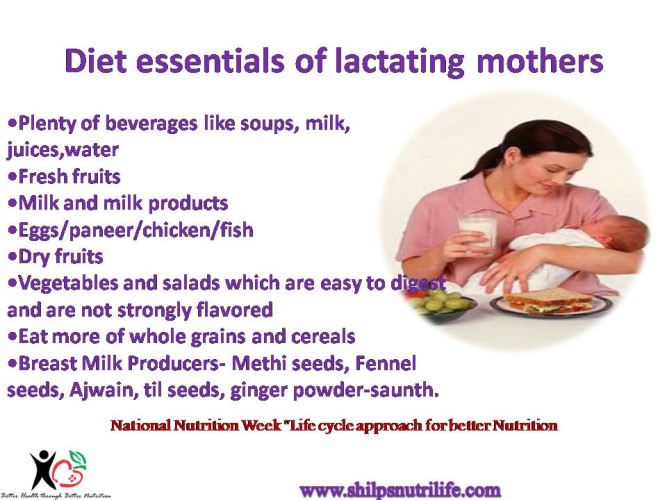how to reduce weight during lactation Pin on #fitnessblogboard
Nutrition is of utmost importance during lactation, as it plays a crucial role in the overall health and well-being of both the mother and the baby. As a lactation dietitian, I cannot stress enough the significance of consuming a well-balanced and nutritious diet while breastfeeding.
Proper nutrition for lactating mothers
 During lactation, a lactating mother’s nutritional needs increase to support the production of breast milk. It is recommended that lactating women consume an additional 450-500 calories per day to meet these increased energy requirements. However, it is essential to focus on consuming nutrient-dense foods rather than just increasing calorie intake.
During lactation, a lactating mother’s nutritional needs increase to support the production of breast milk. It is recommended that lactating women consume an additional 450-500 calories per day to meet these increased energy requirements. However, it is essential to focus on consuming nutrient-dense foods rather than just increasing calorie intake.
A well-balanced lactation diet should include a variety of whole grains, lean proteins, fruits, vegetables, and healthy fats. Whole grains such as oats, quinoa, and brown rice are excellent sources of complex carbohydrates, which provide sustained energy. Lean proteins like poultry, fish, beans, and legumes are rich in essential amino acids necessary for tissue repair and growth.
Importance of hydration
 Staying properly hydrated is also crucial for breastfeeding mothers. Water is essential for maintaining an adequate milk supply and preventing dehydration. Aim to drink at least eight to ten glasses of water per day, and consider consuming other hydrating fluids such as herbal teas, coconut water, and natural fruit juices.
Staying properly hydrated is also crucial for breastfeeding mothers. Water is essential for maintaining an adequate milk supply and preventing dehydration. Aim to drink at least eight to ten glasses of water per day, and consider consuming other hydrating fluids such as herbal teas, coconut water, and natural fruit juices.
It is important to note that certain foods can affect breast milk production and quality. While there is limited evidence to support specific foods that enhance milk production, some lactating women have reported positive effects from consuming galactagogues. Galactagogues are substances that promote milk production. Examples include fenugreek, fennel, oats, and brewer’s yeast. However, it is advisable to consult with a healthcare professional before incorporating these foods into your diet.
Baby’s reaction to lactation diet
It’s important to pay attention to your baby’s reaction to your lactation diet as well. Some babies may be sensitive or allergic to certain foods that you consume. Common culprits include dairy products, soy, wheat, nuts, and shellfish. If you notice any adverse reactions in your baby such as fussiness, colic, gas, or skin rashes, it may be worth talking to a healthcare professional about potential dietary modifications.
In conclusion, maintaining a healthy and balanced diet during lactation is crucial for the overall well-being of both the mother and the baby. By focusing on nutrient-dense foods, staying hydrated, and being mindful of any potential food sensitivities, you can help ensure a healthy breastfeeding journey for you and your little one.
If you are looking for Pin on Best Breastfeeding Tips you’ve visit to the right page. We have 5 Pictures about Pin on Best Breastfeeding Tips like Nutrition During Lactation - Dietitian Christelle Bedrossian, Pin on Best Breastfeeding Tips and also Pin on #FITNESSBLOGBOARD. Read more:
Pin On Best Breastfeeding Tips
 in.pinterest.combreastfeeding milkdust
in.pinterest.combreastfeeding milkdust
Nutrition During Lactation - Shilpsnutrilife
 shilpsnutrilife.comlactation nutrition lactating mothers shilpsnutrilife slide5
shilpsnutrilife.comlactation nutrition lactating mothers shilpsnutrilife slide5
Nutrition During Lactation - Dietitian Christelle Bedrossian
 www.christellebedrossian.comlactation nutrition during
www.christellebedrossian.comlactation nutrition during
Pin On #FITNESSBLOGBOARD
 www.pinterest.commilkdust
www.pinterest.commilkdust
Breastfeeding: To Eat Or Not To Eat For An Anti-colic Baby
 www.pinterest.com.mxcolic breastfeeding lactancia dieta pumping
www.pinterest.com.mxcolic breastfeeding lactancia dieta pumping
Nutrition during lactation. Pin on best breastfeeding tips. Colic breastfeeding lactancia dieta pumping